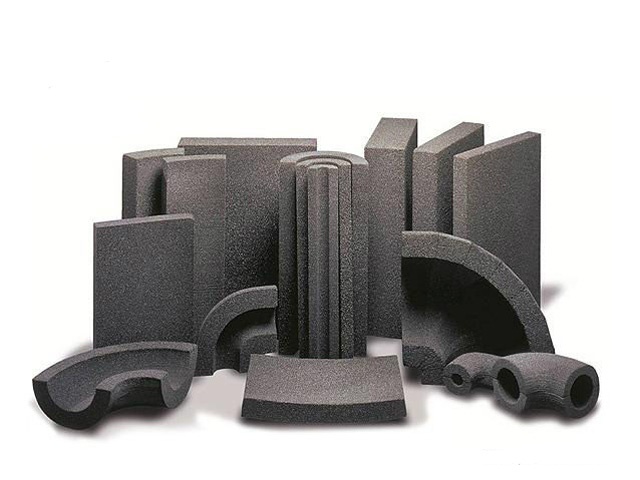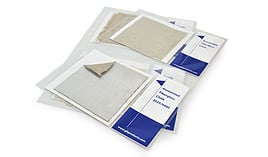Sustainable design in industrial insulation systems is an important factor to take into consideration, and the demand for feasible insulating products with an eco-friendly impact continues to grow. Cellular glass insulation offers exceptional physical characteristics that in the end benefit the user.

Advantages of Cellular Glass:
- Moisture resistant.
- Naturally flame resistant.
- Zero vapor permeability.
- Unaffected by common chemicals and by most corrosive environments.
- Effective in cold temperatures ranging from -450°F - 900°F.
- Has a temperature range better than calcium silicate, mineral wool, and fiberglass.
- Excellent sound absorption properties.
- Will not swell, warp, shrink or otherwise distort.
- Vermin resistant.
- Very durable, the material can be used for 100 years and can withstand sudden changes in temperature, erosion, oxidation, deformation, and more.
- Environmentally friendly and is free of CFC’s and HCFC’s.
Disadvantages of Cellular Glass:
- Heavy material.
- Fragile.
- Susceptible to vibration-induced damage.
- Expensive production.
Uses
Cellular glass is used for a variety of applications. It is used for fireproof building panels as well as for green roof insulation. Other uses include insulating specialty piping operations such as chilled water pipes and equipment, cold process pipes and equipment, ethylene plant pipes and equipment, hot oil piping and equipment, LNG piping and tank bases, stainless steel hot water lines, and underground steam distribution.
GLT Products fabricates FOAMGLAS® insulation to your specification to satisfy various building requirements and industrial stipulations.
Want to learn more about various types of insulation used in fabricated pipe insulation? Download our Fabricated Pipe Insulation for Mechanical Applications guide.


